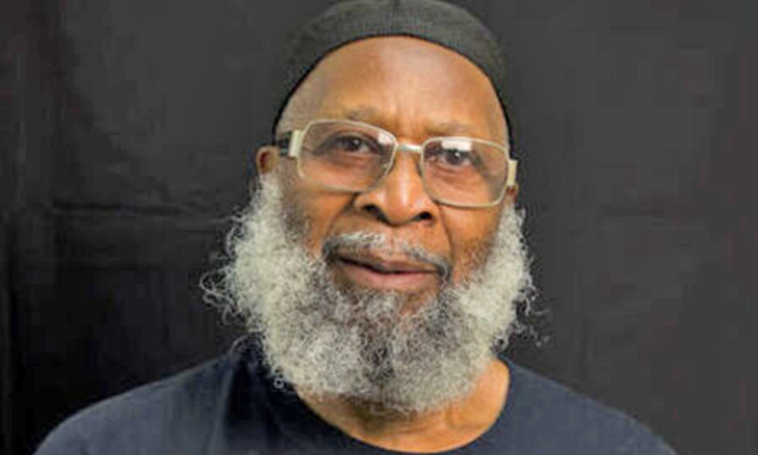Sekou Odinga, a towering figure in the annals of the Black liberation movement, passed away on January 12, leaving behind a profound legacy of unwavering commitment to resistance and dedication to the fight against oppression.
Black Panther Movement Elder Dead At 79. Odinga’s life journey, marked by his pivotal role in influential organizations such as Malcolm X’s Organization of Afro-American Unity, the Black Panther Party, and the Black Liberation Army, stands as a testament to the enduring spirit of resistance against systemic injustice.
After enduring 33 years as a political prisoner, Odinga was released in 2014. A significant chapter in his activist history was his involvement in the escape of fellow political prisoner Assata Shakur, who found refuge in Cuba.
Despite never admitting guilt to charges related to this incident, Odinga expressed profound pride in being associated with Shakur’s liberation—a moment that symbolized the fight against a justice system marred by racial bias.
Odinga’s journey in activism was deeply rooted in his response to the pervasive issue of police brutality in Black communities. His commitment to the Black Panther Party, in particular, was fueled by their stand against systemic violence.
Odinga’s motivation emanated from a genuine concern for countering the widespread police brutality that plagued Black neighborhoods. His words echo the sentiments of countless Black activists throughout U.S. history, from the civil rights era to contemporary movements such as Black Lives Matter, all united in their collective outrage against brutal violence directed at Black individuals.
Jalil Muntaqim, founder of the Jericho Movement—an organization at the forefront of advocating for amnesty and freedom for U.S. political prisoners—remembered Odinga as more than just a revolutionary; he was someone who believed in resisting inhumanity wherever it manifested. Muntaqim emphasized Odinga’s commitment to overcoming white supremacy and capitalist-imperialism, considering it not just a cause but a manifestation of a warrior spirit that defined Odinga’s entire being.
Nino Brown, an organizer with the Jericho Movement, expressed gratitude for the invaluable opportunity to learn from Odinga during his time with the organization. Referring to Odinga as “Baba Sekou,” Brown underscored that his legacy isn’t confined to the past but lives on, resonating with both Odinga’s contemporaries and the next generation of revolutionaries. Odinga’s impact extended beyond his time on this earth, inspiring those who continue the fight against oppression, carrying his torch forward.
JD, another dedicated organizer with the Jericho Movement, offered poignant reflections on Odinga’s character. Describing him as the epitome of an upstanding Black man and a revolutionary, JD underscored Odinga’s remarkable resilience during over 30 years of captivity. Odinga, JD noted, transitioned surrounded by loved ones rather than behind enemy lines—a testament to his enduring strength and commitment to the struggle.
Sekou Odinga’s journey began in 1965 when he joined Malcolm X’s Organization of Afro-American Unity. Later, he founded the Bronx chapter of the Black Panther Party, becoming an integral part of the influential Panther 21, accused of planning coordinated attacks in New York City in 1969. The trial eventually collapsed under the weight of grassroots support, showcasing the power of community mobilization against systemic injustice.
As the repression against the Black Panther Party intensified, Odinga, along with many activists, transitioned towards underground organizations like the Black Liberation Army—a move reflective of the escalating confrontations between marginalized communities and a justice system fraught with racial biases.



Join the Community and Be a Part of the Conversation
You must be logged in or registered to post a comment.